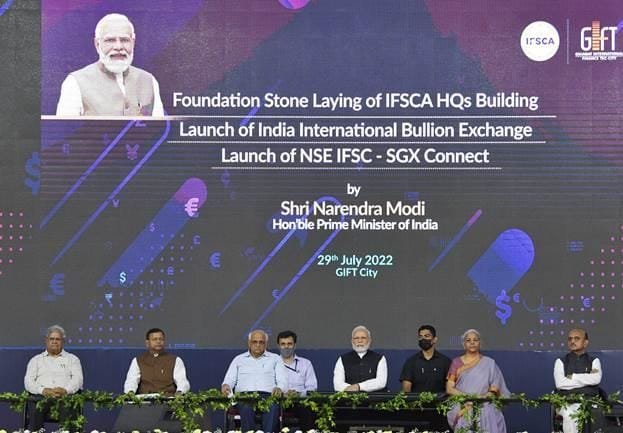Govt revenue will dwindle
Given the extent of the damage to the economy from the disruption to business, the GDP growth in FY21 will likely be the lowest in many decades, according to Chandrajit Banerjee, Director General, Confederation of Indian Industry.
The economic costs of the lockdown are rising each passing day with the impact being felt across sectors. The situation requires immediate, across the board intervention from the government, he has stressed.
By the time the second phase of lockdown ends on 3 May 2020, it will have extended for 40 days.
Consequently, the cost to Indian economy has continued to mount even as the COVID-19 curve is being flattened.
Under lockdown, economic activity has slowed down significantly across most sectors.
In manufacturing, only food processing, pharmaceuticals and medical equipment are operational, while construction and mining activities have halted completely.
Within services, majority of trade, transportation and hospitality remains closed, while financial, IT and government services remain partially operational.
Though it can operate, the power sector faces significant reduction in demand owing to lockdown’s adverse impact.
Any significant revival in investment activity is unlikely as capacity utilization levels may remain suboptimal.
Consumption demand is likely to remain lacklustre as people’s incomes have been impacted.
On the external front, as economies across the globe continue to struggle with the pandemic, global trade may decline by 13-32% in 2020, as estimated by the World Trade Organisation.
“Given the situation, government intervention becomes critical not only to sustain the economy but also to prevent any humanitarian crisis,” Banerjee has pointed out.
In a paper titled ‘A plan for economic recovery’, released 23 Apr 2020, CII has laid out its growth expectation under three scenarios.
In the baseline scenario, GDP is expected to grow at just 0.6% on an annual basis as economic activity is expected to remain constrained due to continuing restrictions on the free movement of goods and people beyond the lockdown period.
This will lead to disruption in supply chains, slow pick-up in investment activity, labour shortages in the short-run and muted consumption demand on account of reduced household incomes.
In the optimistic scenario, which envisages a faster pick-up post the lockdown period, GDP is forecasted to register a growth of 1.5% in the best case.
In case of a more prolonged outbreak, where the restrictions in existing hot-spot regions get extended, while new regions are identified as ‘hot-spots’ leading to intermittent stop and start in economic activity, GDP is likely to decline by -0.9%.
“There is no doubt that the economy is going through turbulent times, and India will have to spend for navigating its way out of the current crisis. At this stage, the government must do whatever it takes to tide over the crisis,” Banerjee said.
The urgent fiscal interventions, as suggested by CII should include cash transfers amounting to Rs.2 lakh crore to JAM account holders, in addition to the Rs.1.7 lakh crore stimulus already announced.
CII has also suggested additional working capital limits to be provided by banks, equivalent to April-June wage bill of the borrowers, backed by a Government guarantee, at 4-5% interest.
In addition, the CII paper has suggested the creation of a fund or SPV with a corpus of Rs.1.5 lakh crore which will subscribe to NCDs/Bonds of corporates rated A and above.
The fund can be seeded by the Government contributing a corpus of Rs.10,000-20,000 crore, with further investments from banks and financial institutions such as LIC, PFC, EPF, NIIF, IIFCL et al.
This will limit Government exposure while providing adequate liquidity to industry.
For MSMEs, CII has suggested a credit protection scheme whereby 75-80% of the loan should be guaranteed by RBI, i.e. if the borrower defaults, RBI should buy the loan and repay the bank up to 75-80% of the loan, so the risk to the lender is limited.
SIDBI could provide the guarantee for loans to industry and trade while NABARD could provide the guarantee for loans to agro-processing sectors.
“Without an increase in government spending in the near-term to drive an economic recovery, government revenue will dwindle, and high deficits will continue to be a problem in future”, said Banerjee. fiinews.com









